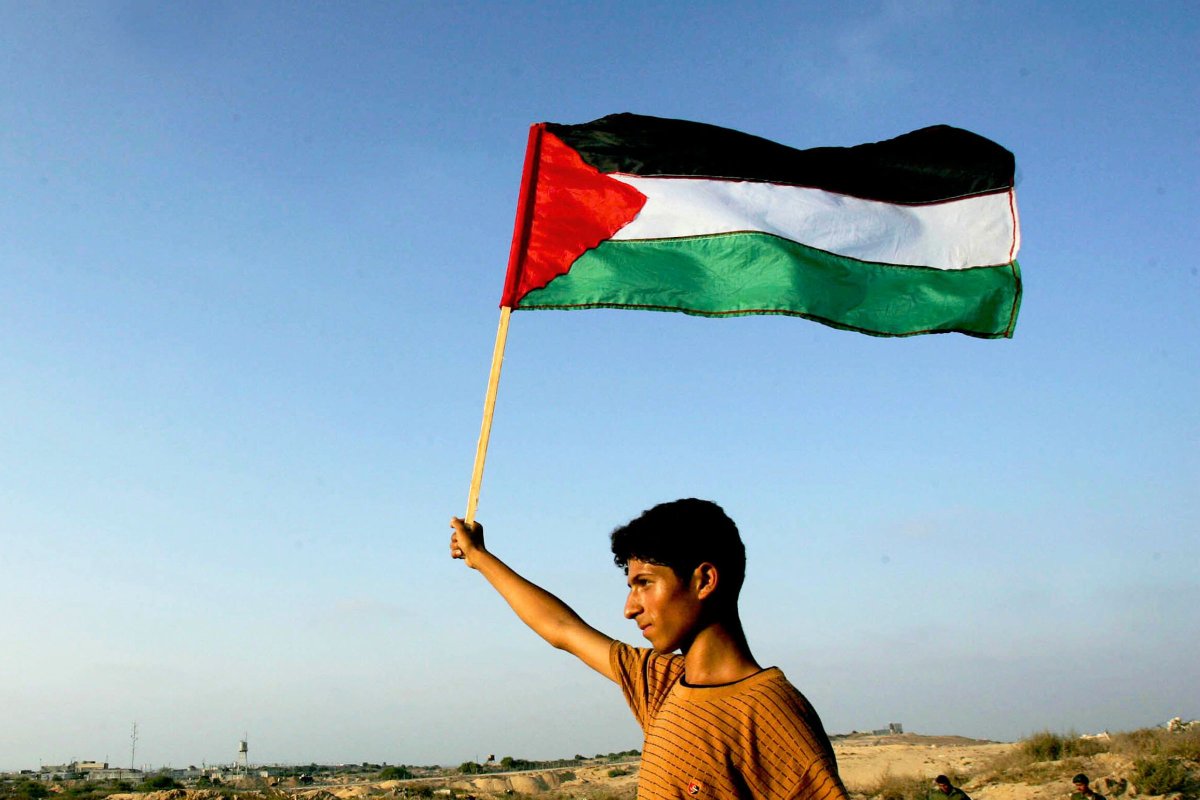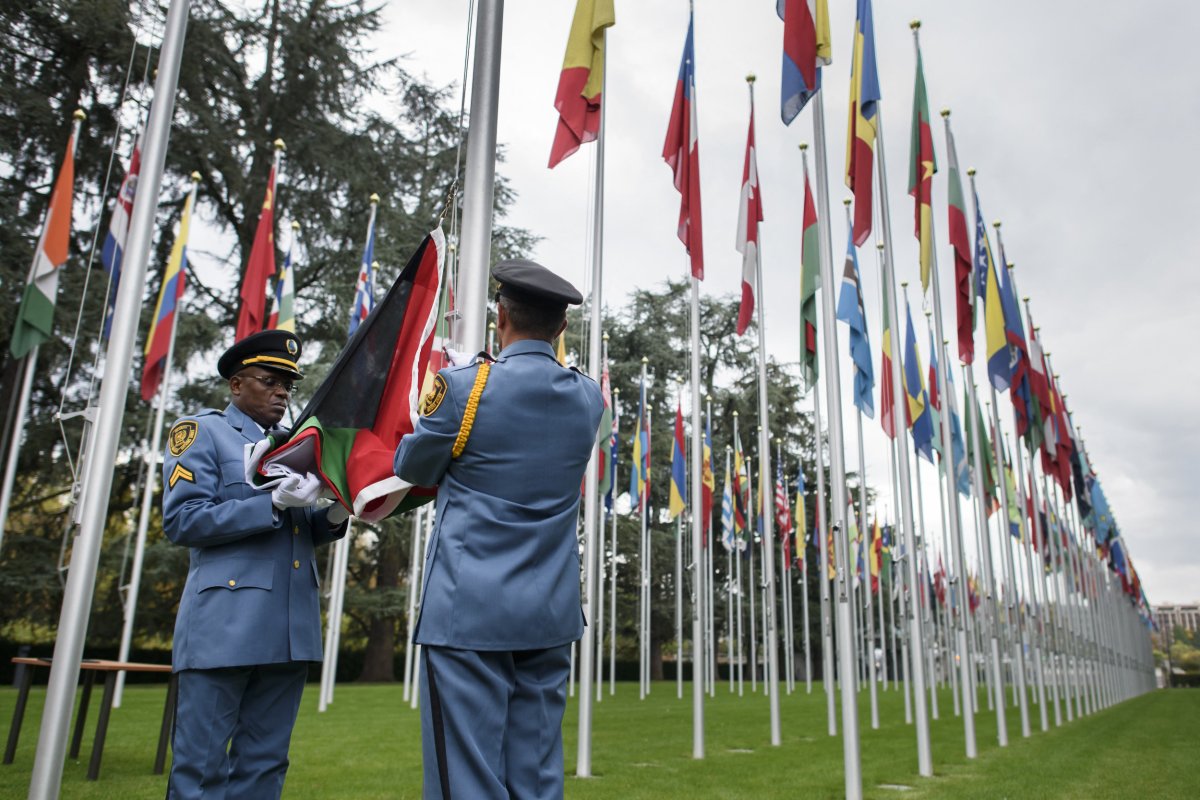Some 139 out of 193 U.N. member states have recognized Palestinian statehood since the Palestine Liberation Organization (PLO) declared the creation of its own nation on November 15, 1988—around 72 percent of established countries across the world.
Many of those who have accepted that an established nation exists in Palestine sit in Africa, Asia and South America. Others have opted to not officially recognize it, citing their desire for a negotiated peace with Israel, but have expressed support for Palestinian self-determination.
For instance, successive American presidents seeking to retain close relations with Israel have vowed to veto any U.N. Security Council bid to recognize Palestine until a settlement was reached between the respective governments of Israel and Palestine.
Meanwhile, Canada has said it supports the creation of a Palestinian state but would not recognize one until there was "a comprehensive, just and lasting peace" between one and Israel. Mexico is in favor of a two-state solution, which would require cooperation and power-sharing between Israel and a Palestinian state.
Many European nations have also not formally recognized any Palestinian state, instead calling for a European Union-wide consensus.
The United Kingdom—which administered the region as the Mandate of Palestine until 1948—has also repeatedly called for a two-state solution. Its House of Commons passed a non-binding motion to recognize Palestine in 2014, but this has not been taken up by the government.

The issue has received renewed attention since the October 7 attack on Israel by Hamas and Islamic Jihad militants, and subsequent ground invasion by Israeli forces of the Gaza Strip. Some 1,200 Israelis and 29,000 Palestinians are estimated to have been killed in the conflict, according to figures reported by the Associated Press.
But Palestinian statehood is complicated by the split governance of the West Bank and Gaza, as well as resistance from both Israel and Palestine on the issue.

The Palestinian Authority, a successor to the PLO which administers the West Bank territory and currently has strained but non-militant relations with Israel, was mooted as potentially assuming control of Gaza following the end of Israel's military intervention in the territory, but this option was rejected.
Following a report in The Washington Post earlier in February that the U.S. was advancing plans to establish a Palestinian state, Israeli ministers rejected the idea, with Finance Minister Bezalel Smotrich describing one as "an existential threat" to Israel, citing the October 7 attack.
Both Israel and Palestine wish to have Jerusalem as their capital city, while any settlement between the two would also have to agree on shared borders, which each government takes differing views on and is only complicated by Israeli settlements in the West Bank.
Eritrea and Cameroon are the only two African nations that do not recognize Palestine; both support Palestinian self-determination, but also the security of Israel.
Similarly, there are only two non-aligned Asian countries that do not recognize Palestinian statehood: Myanmar, which has previously expressed support for a two-state solution, and Singapore, which reaffirmed its support for a two-state solution in November.
Uncommon Knowledge
Newsweek is committed to challenging conventional wisdom and finding connections in the search for common ground.
Newsweek is committed to challenging conventional wisdom and finding connections in the search for common ground.
About the writer
Aleks Phillips is a Newsweek U.S. News Reporter based in London. His focus is on U.S. politics and the environment. ... Read more
To read how Newsweek uses AI as a newsroom tool, Click here.






